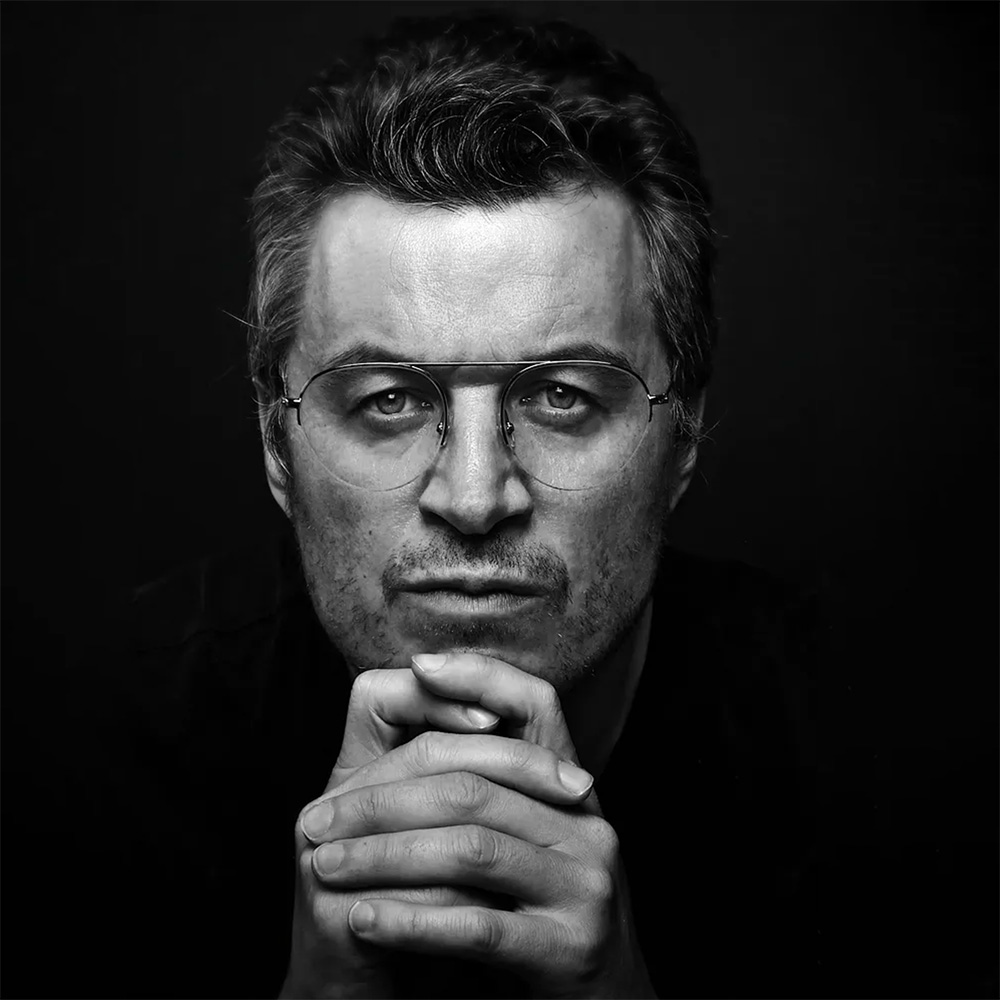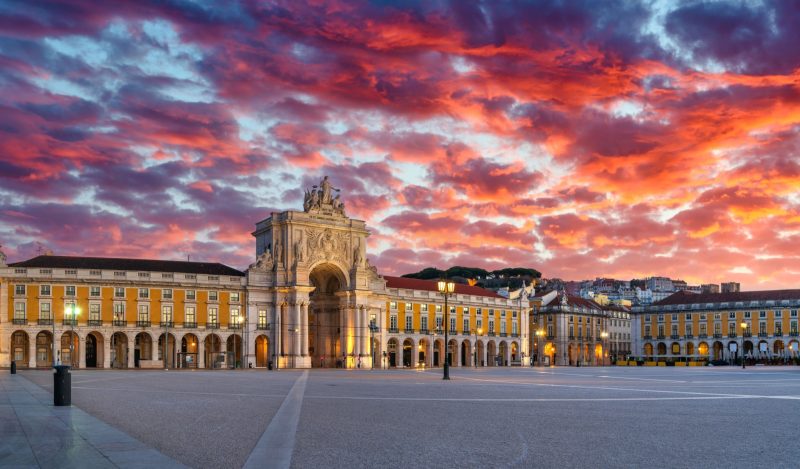Dear friends,
A few weeks ago I was invited to give a speech at the fourth International Crisis Summit in the Romanian parliament – you might know this already because I shared the text and the recording of my presentation in a previous Substack post. I couldn’t stay in Romania for long, but I found time for an interview with Florentin Tuca, one of Romania’s most famous lawyers.
Below you’ll find the video recording of that interview. It contains my ideas on mass formation and totalitarianism – the same as before but different at the same time. Mr. Tuca explicitly asked me to talk about those ideas; he wanted to share them with Romanians who may not follow international social media.
As I share this podcast, I’ll share some thoughts with you. Earlier this year I also gave speeches at the European Parliament in Brussels and Strasburg. Here’s what I think is quite amusing. I also shared these video recordings on X and Substack. Nestled among the many supportive and enthusiastic comments were some rather vicious remarks suggesting that I hadn’t really been invited to speak at the European Parliament – I had just rented a room in the building, or I had been invited by other people (far right extremists, of course) who had just rented a room in the building, and now I wanted to make my poor followers believe that I had been invited to speak there.
Here is how I deal with mud-slinging. First, I search in the mud for the little bit of truth that might be in it. In my experience, as soon as you humble yourself and look for the little diamond of truth, you will no longer be so bothered by the mud. That is, if there is actually a diamond in it, of course. Sometimes there isn’t.
In this case: Did I try to manipulate my followers? Could I have characterized the event in a more sincere way? For instance, are the politicians who invited me extremist and anti-democratic? This is what I think: They are politicians who do not go along with the mainstream political ideology. For some, that is sufficient to label them “far-right extremists.”
And was I invited or not to speak at the European Parliament? My assistant inquired about the different ways to be invited to speak at the Parliament. It turns out that you can be invited by politicians or political parties to an event they organize on their own initiative or you can be invited to an official meeting (the general assembly, for example). My invitation was of the first type. The latter invitations could be considered more prestigious. That’s true.
Here is what I think: I don’t know if you can always mention every single detail. I don’t think so. But in this case it is indeed important to make it clear to our audience that these speeches do not take place at the invitation of the institution of Parliament itself. Not for the reason my critics have in mind, but rather for this reason: We might erroneously give the impression that these political institutions are making a massive about-turn. They clearly aren’t. They continue to move in the same (technocratic) direction.
That being said, here is what I want to ask the people who are trying to smear my reputation: What if you subjected the “Covid experts” to the same such scrutiny— what would you discover? Perhaps that it is about as difficult to find something correct in their narrative as it is to find something incorrect in mine. Remember that it was these same experts, after all, who predicted that tens of thousands of people would die in Sweden if the country didn’t go into lockdown, that face masks were effective, that the vaccines would prevent the spread of the virus, and so on.
The Romanian Parliament – by the way – is housed in an impressive building, known as Palace of the Parliament, the second largest parliamentary building in the world. Eight hundred thousand tons (!) of oak was used for the construction of the doors, ceilings, and paneling. It is one of the megalomaniac projects of former dictator Nicolae Ceausescu. I recommend it to anyone who is inclined to slander me on social media: Rent this building yourself and give a lecture there. And videorecord your speech and post it on social media.
But now beyond humor and irony. I actually rarely respond to such “critical” comments. Here’s why: We won’t overcome totalitarianism if we attempt to “debunk” the slander and propaganda; we need to become immune to it. I won’t spend my time arguing against those people who, time and time again, write articles and social media posts about me being a far-right extremist, a liar, an indoctrinator of students, even a protector of mass murders and a victim-blamer. I responded to some of these allegations in a Substack essay. But I only do that if I find it interesting to do so, like now. And for the rest I just give them the wisest answer: silence.
In many cases, silence is indeed the best answer. I am confident that the people who have an authentic interest in my work will develop the capacity to see through propaganda and slander. I don’t have to counter it time and time again. As you may know, I started giving workshops on The Art of Speech. I am not talking about a course in rhetoric or literary sophisticated speech. What we practice there is the kind of speech that penetrates through the veil of appearances. This is what I consider the ultimate outcome of prolonged and perseverant practice of this art: the intuition that tells you infallibly whether someone’s speech is sincere or not.
This is for sure: We are psychological beings – and we are in the grip of language. Words rule the world. And they can do so in both a positive and a negative way. Language can be used in a sincere or a manipulative way. A willingness to reflect on your own speech and to admit mistakes, flaws, and shortcomings in its ethical qualities is paramount. More and more people are becoming aware of this – at least that’s my impression.
In listening to some of Tucker Carlson’s latest public remarks, I heard him admit that he too disseminated incorrect information in the past and that he felt sorry for it. In a similar vein, Alex Jones has apologized for mistakes he has made. Both are examples of people being diabolized by mainstream discourse. However, it seems to me that so far they are braver in admitting their mistakes than the mainstream experts.
Don’t be too anxious to make a mistake. The man who makes no mistakes usually makes nothing at all, as Edwards Phelps said. What matters is having the courage to admit your mistakes. Your critics might take advantage of that and abuse your openness. I have experienced that myself in the past.
Here is what I think: Don’t worry too much about such people. They might weaken your Ego, but they will make you stronger on another level, a level that I would characterize as the level of the Soul. When you speak the words that are truly your words, you become stronger as a human being and more connected to other human beings. Sincere speech is the ultimate antidote to existential loneliness.
It is precisely this that makes us feel connected: Speech that reveals something that might make us vulnerable, that reveals something usually hidden behind the outer ideal image on which our Ego is based. This is where the phenomenon of resonance manifests itself, when someone reveals through speech something hidden behind the ideal image, and when someone else listens with an open mind, without judging on the basis of ideal images. When two people open the superficial shell of their ideal image and practice sincere speech, the strings of their ensouled bodies start to resonate and their beings merge ephemerally.
What does it mean to speak and listen without activating your ideal images? It means that you don’t mind too much about opinions. Ultimately, what matters is not our opinion, but our openness to opinions that differ from our own. For example, it’s not so much about whether or not you’ve been vaccinated, or how you position yourself in the Israeli-Palestinian conflict. I’m not saying our opinions don’t matter – they are important.
But there is something even more important. Every time people come together on the basis of an opinion, they form a mass. And every time people join on the basis of tolerance for different opinions, they form a group. This is the essence of the psychological process that is going on in the world right now.
On the one hand we see the emergence of masses, a globalist mass united by a propagandized, ideological opinion, but also counter-masses united by other fanatical narratives. On the other hand, we see the emergence of a group based on resonant speech—a group that connects people with the most divergent opinions, that prioritizes open-mindedness and sincerity. Once the group becomes energetically stronger than the mass, the era of totalitarianism is over.
Republished from the author’s Substack
Published under a Creative Commons Attribution 4.0 International License
For reprints, please set the canonical link back to the original Brownstone Institute Article and Author.









